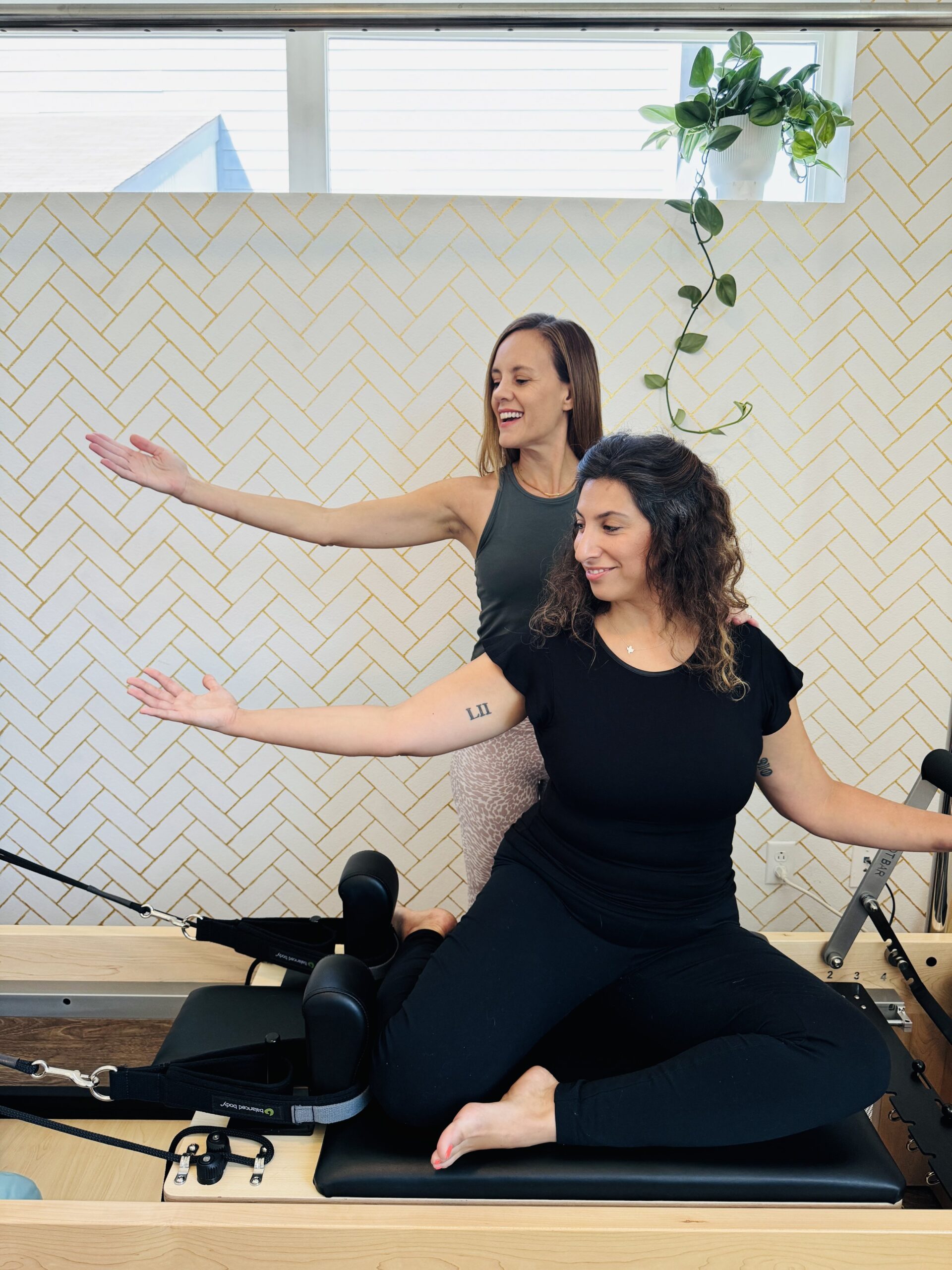How to Practice Mindfulness for a Healthier Lifestyle
In our fast-paced world, finding balance and maintaining mental well-being can often feel overwhelming. One effective way to cultivate a healthier lifestyle is through the practice of mindfulness. This approach not only enhances emotional health but also fosters a deeper connection to the present moment. Many people are turning to mindfulness techniques, and for those seeking additional support, resources like London counselling can provide valuable guidance on this journey.
What is Mindfulness?
Mindfulness is the practice of paying attention to the present moment without judgment. It involves observing your thoughts, feelings, and bodily sensations in a compassionate and accepting manner. Rather than getting caught up in regrets about the past or anxieties about the future, mindfulness encourages a focus on the here and now. This practice can lead to a greater sense of peace and a healthier lifestyle, allowing you to respond to life’s challenges with clarity and calmness.
The Benefits of Mindfulness for a Healthier Lifestyle
Practicing mindfulness offers numerous benefits that can significantly impact your overall well-being:
- Reduced Stress: Mindfulness helps lower stress levels by promoting relaxation and reducing the physiological effects of stress. When you focus on the present moment, you’re less likely to ruminate on past events or worry about future challenges.
- Improved Mental Health: Regular mindfulness practice has been linked to reduced symptoms of anxiety and depression. By observing your thoughts without judgment, you can create space for self-compassion and acceptance.
- Enhanced Focus and Concentration: Mindfulness trains your brain to stay present, improving your ability to concentrate and make decisions. This can lead to increased productivity in both personal and professional realms.
- Better Emotional Regulation: Mindfulness allows you to recognize your emotions as they arise, enabling you to respond more thoughtfully rather than react impulsively. This can lead to healthier relationships and better conflict resolution.
- Physical Health Benefits: Mindfulness has been shown to lower blood pressure, improve sleep quality, and boost immune function. By reducing stress and promoting relaxation, mindfulness can contribute to overall physical health.
How to Start Practicing Mindfulness
Incorporating mindfulness into your daily routine doesn’t have to be complicated. Here are some practical steps to help you get started:
1. Begin with Breathing Exercises
One of the simplest ways to practice mindfulness is through focused breathing. Find a quiet space, sit comfortably, and take a few deep breaths. Inhale deeply through your nose, allowing your abdomen to rise, and then exhale slowly through your mouth. As you breathe, pay attention to the sensation of the air entering and leaving your body. If your mind wanders, gently bring your focus back to your breath.
2. Engage in Mindful Observation
Choose an object in your environment to observe mindfully. This could be a flower, a piece of fruit, or even a simple household item. Take a few minutes to examine it closely, noticing its color, texture, and shape. Allow yourself to be fully present with this object, letting go of any distractions. This practice helps cultivate awareness and appreciation for the present moment.
3. Practice Mindful Eating
Mindful eating involves paying attention to the experience of eating, from the flavors and textures to the sensations of hunger and fullness. Start by taking small bites and chewing slowly, savoring each mouthful. Notice the colors and smells of your food, and be aware of how it makes you feel. This practice can lead to healthier eating habits and a greater appreciation for food.
4. Incorporate Mindfulness into Daily Activities
You can practice mindfulness in various everyday activities, such as walking, washing dishes, or even brushing your teeth. Focus on the sensations and movements involved in these tasks. For example, while walking, pay attention to the feel of your feet on the ground and the rhythm of your breath. This helps bring mindfulness into your routine, making it a natural part of your lifestyle.
5. Try Guided Meditation
If you’re new to mindfulness, guided meditation can be a helpful way to get started. Many apps and online resources offer guided sessions ranging from a few minutes to longer durations. These sessions typically involve a teacher guiding you through mindfulness techniques, helping you stay focused and engaged.
Building a Mindful Lifestyle
To cultivate a truly mindful lifestyle, it’s essential to integrate mindfulness practices into your daily routine consistently. Here are some tips to help you along the way:
- Set Aside Time for Mindfulness: Schedule specific times during your day for mindfulness practices, whether it’s in the morning, during lunch breaks, or before bed. Treat this time as an important appointment for your well-being.
- Join a Mindfulness Group or Class: Engaging with others who practice mindfulness can provide support and motivation. Look for local classes, workshops, or online groups to connect with like-minded individuals.
- Explore Mindfulness Resources: Books, podcasts, and online courses can offer valuable insights and techniques for deepening your mindfulness practice. Seek out reputable resources that resonate with you.
- Be Patient and Compassionate: Developing a mindful lifestyle takes time and practice. Be gentle with yourself as you navigate this journey, recognizing that it’s okay to have off days or distractions. The key is to return to your practice with an open heart and mind.
- Consider Professional Support: If you’re struggling with mental health challenges or find it difficult to incorporate mindfulness into your life, consider seeking professional support. Resources like London counselling can provide tailored guidance to help you navigate this journey.
Conclusion
Practicing mindfulness can significantly enhance your emotional health and contribute to a healthier lifestyle. By cultivating awareness and presence in your daily life, you can reduce stress, improve mental well-being, and foster a deeper connection to yourself and the world around you. Remember that mindfulness is a journey, and every small step you take can lead to meaningful change. Start incorporating these practices today, and watch as they transform your approach to life.














Post Comment